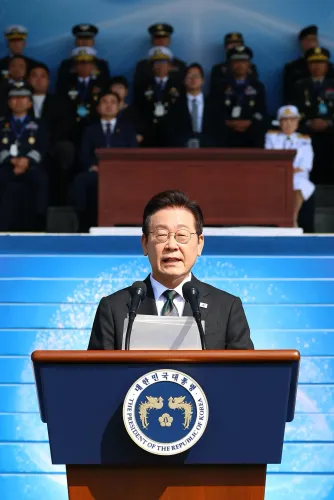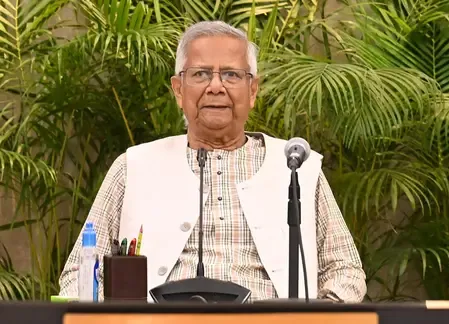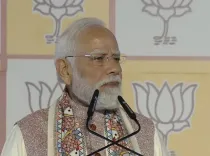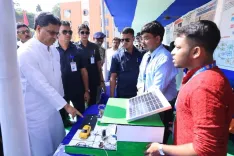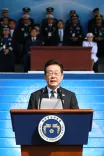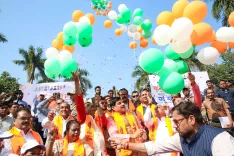Is the Yunus Government Fostering Election Bias in Bangladesh?
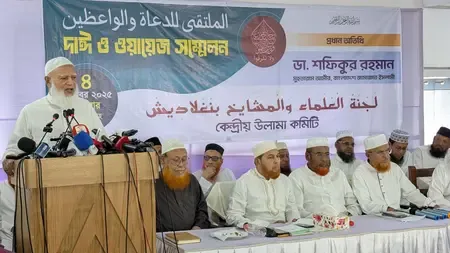
Synopsis
Key Takeaways
- Jamaat-e-Islami has raised serious concerns regarding the Yunus administration's impartiality.
- Accusations suggest a manipulation of the electoral process.
- The upcoming referendum and elections are set for February 2026.
- Political factions are deeply divided over reform proposals.
- Transparency in elections is critical for maintaining democratic integrity.
Dhaka, Nov 14 (NationPress) Amidst escalating political tensions as Bangladesh approaches its elections next year, the radical Islamist faction Jamaat-e-Islami has accused the interim government led by Mohammad Yunus of losing its neutrality. They claim the government is attempting to unfairly position a certain political party in power through a distorted electoral process, as reported by local media.
During a press conference held in Dhaka, alongside an eight-party alliance, Jamaat-e-Islami leader Syed Abdullah Mohammad Taher expressed skepticism regarding the fairness of the upcoming referendum and the elections scheduled for February 2026. He pointed to Yunus' recent national address as evidence that the interim government is being influenced to favor a particular party.
In his address to the citizens of Bangladesh, Yunus stated: "The referendum will occur in the first half of February, concurrently with the general election. This will not obstruct the reform goals; instead, it will enhance the election's festive atmosphere and reduce costs."
The coalition of eight Islamist parties, including Jamaat, criticized this announcement and reiterated their call for a referendum to be held prior to the election.
According to The Business Standard, Jamaat leader Taher remarked, "The government has fallen into the trap of one party, intentionally or unintentionally, rendering the reform process nearly meaningless," without specifying any particular party.
He also noted that the Yunus administration has shown prior weakness and loyalty to this same party, starting with the announcement of the election date from London and drafting the election roadmap without consulting other political entities.
"This demonstrates that the government is no longer impartial," Taher asserted.
Furthermore, the Jamaat leader accused three advisors within the interim government of serving the interests of a specific party.
"Let it be clear that these three advisors are misleading the chief advisor in various ways, providing false information, and attempting to guide the government away from conducting a fair election," he stated. "We will report their identities to the chief advisor. If no action is taken against those behind this conspiracy, we will consider revealing their names."
As political tensions rise, the Bangladesh Nationalist Party (BNP) has suggested conducting the referendum alongside the national elections in February 2026, whereas Jamaat and other Islamist factions insist it must occur before the polls.
Bangladesh is facing increasing uncertainty and political strife as the elections draw nearer.
Political factions that previously allied with Yunus to unseat the democratically elected government of the Awami League, led by Sheikh Hasina, are now in conflict over reform proposals.

